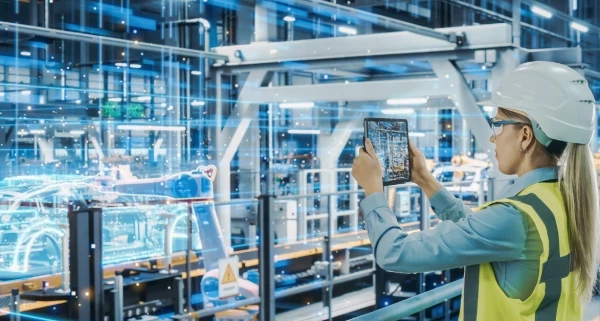Automation: why collaboration is the future
Add bookmarkAutomation is taking over jobs, but the people telling the robots what to do are not necessarily experts in what needs to be done.
"The technical barriers of automation slow down process improvement," says Paul Dunn of automation company Nintex. "Businesses need to facilitate easy and effective collaboration between the process experts and technical specialists."
Automation has traditionally struggled to overcome this barrier: do you get the process experts to become IT experts, or ask the IT experts to understand the process? Vendors like Nintex are pushing a third solution: making the technology straightforward to use so that the automation of process becomes a collaboration rather than a contest.
"Consumer technology today doesn't come with a manual," says Dunn. "Smartphones and tablets are much more intuitive to use. Previously, to get these robots working you would have to understand how to code. Today, that's unnecessary."
The democratization of business technology looks set to become a growing trend in 2020 as vendors keep up with businesses that are involving more front line staff in digital transformation projects. The demand from businesses is for products that can be used by non-specialists as quickly as possible. Digital transformations often aim to break down silos within an organization, and silos naturally spring up around areas of expertise. The hope is that new process automatin software will begin to turn internal conflicts into fruitful collaboration.

























